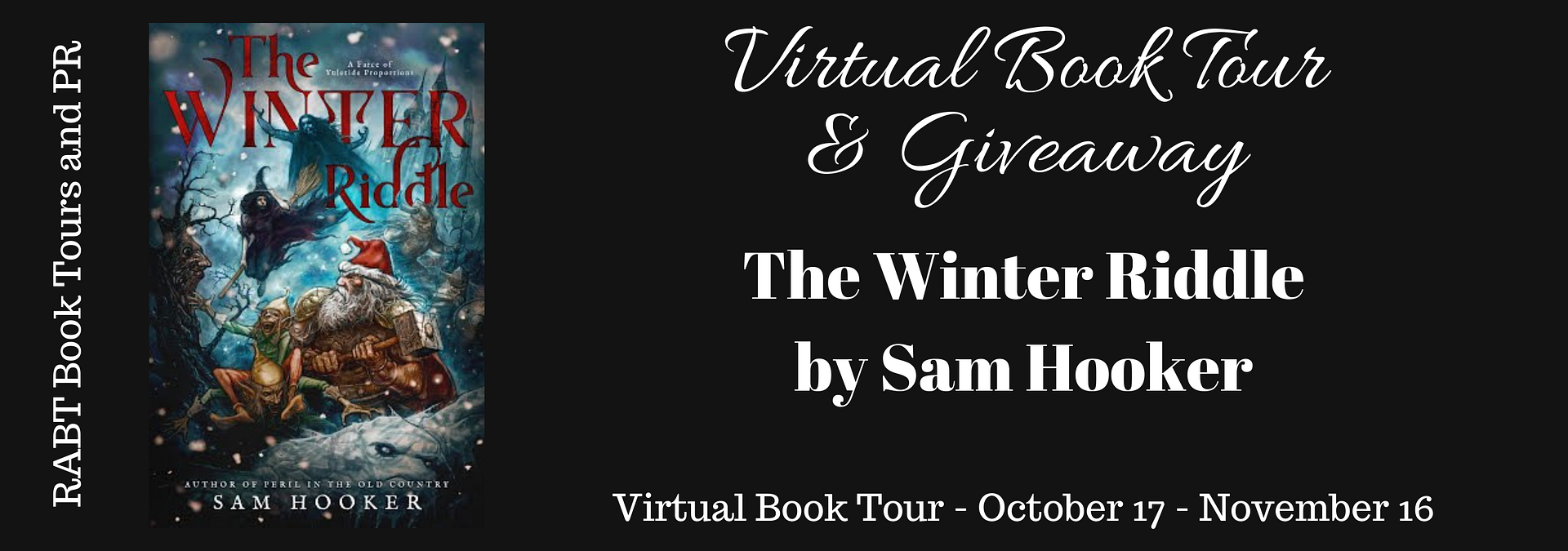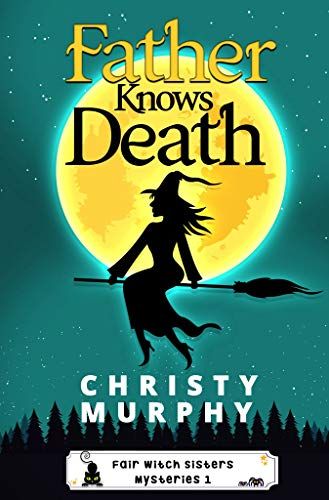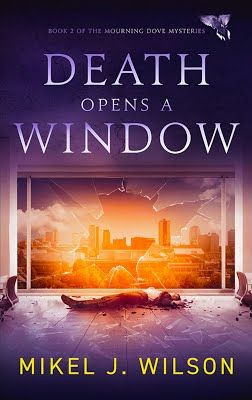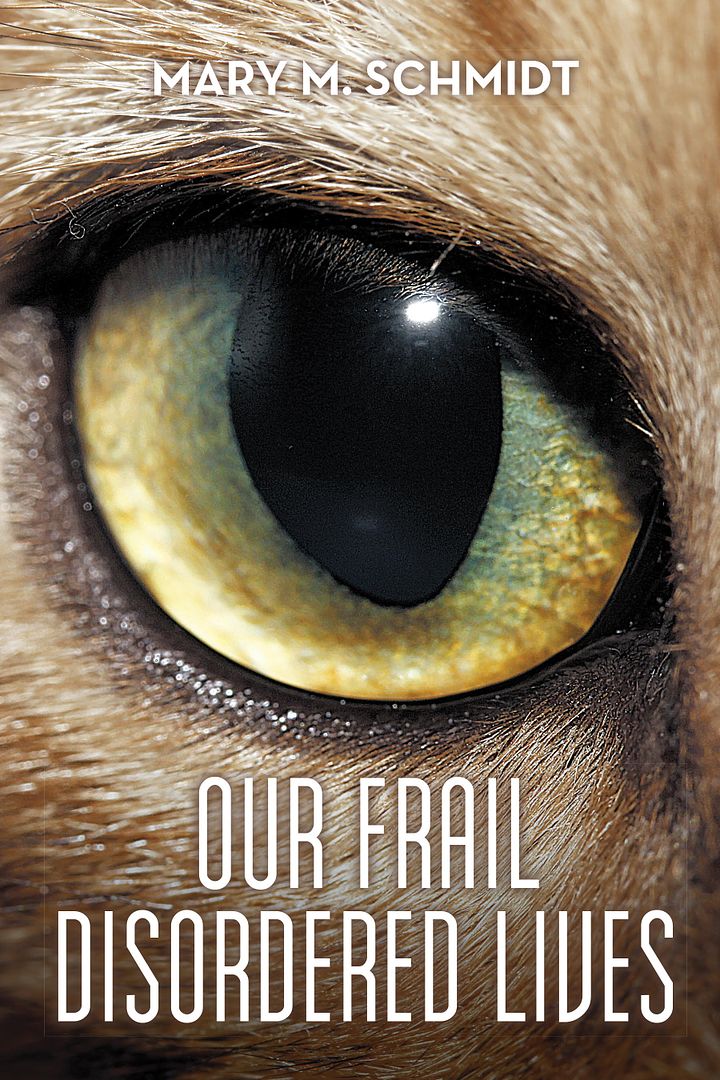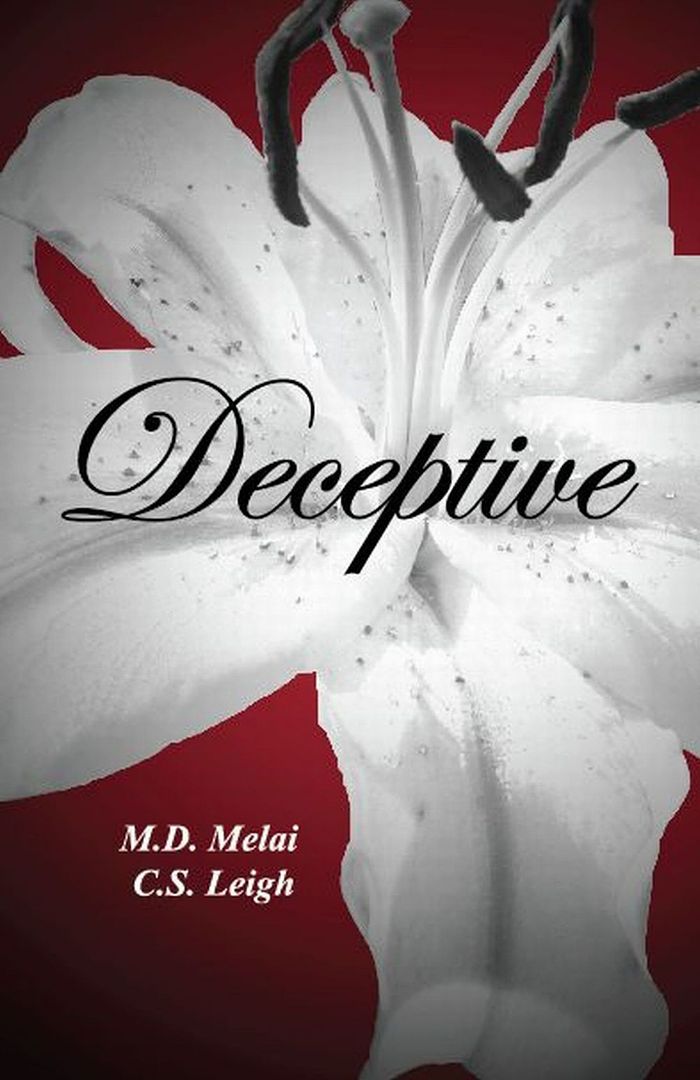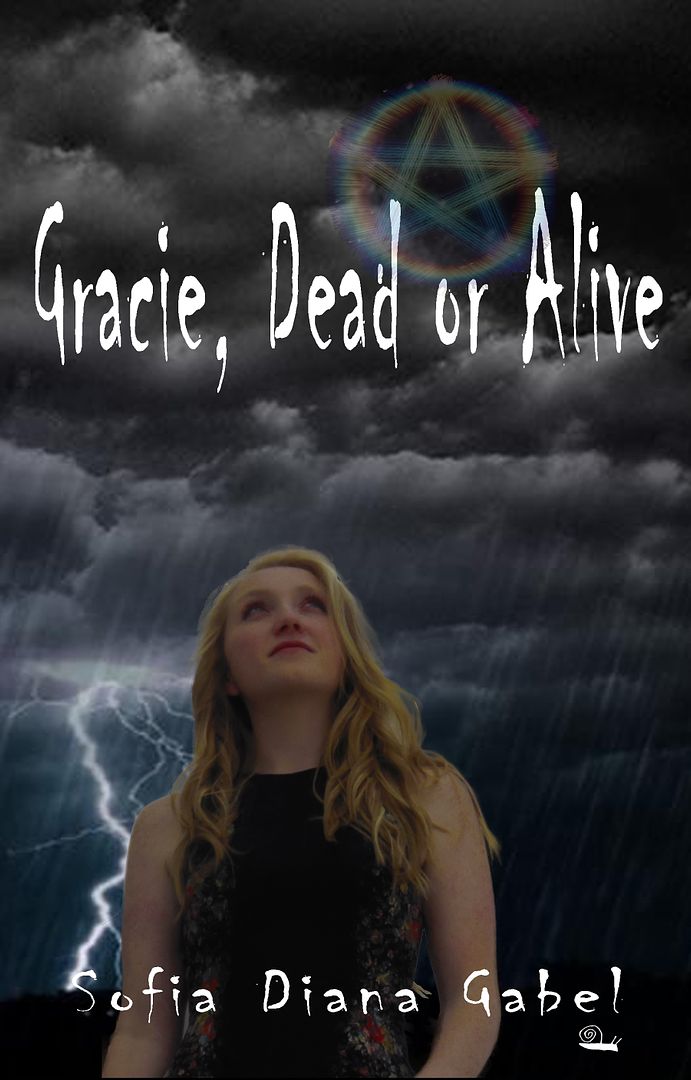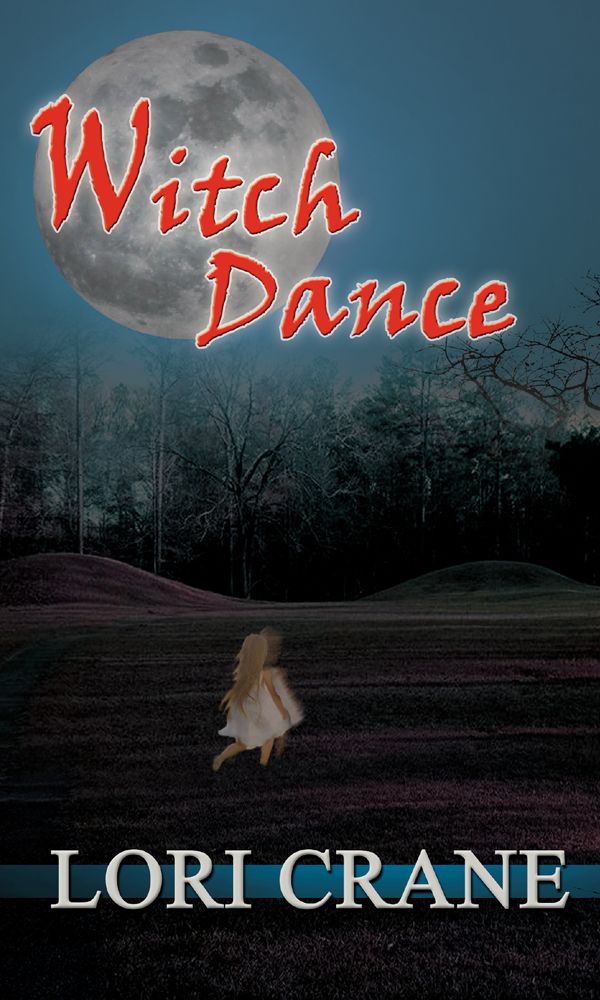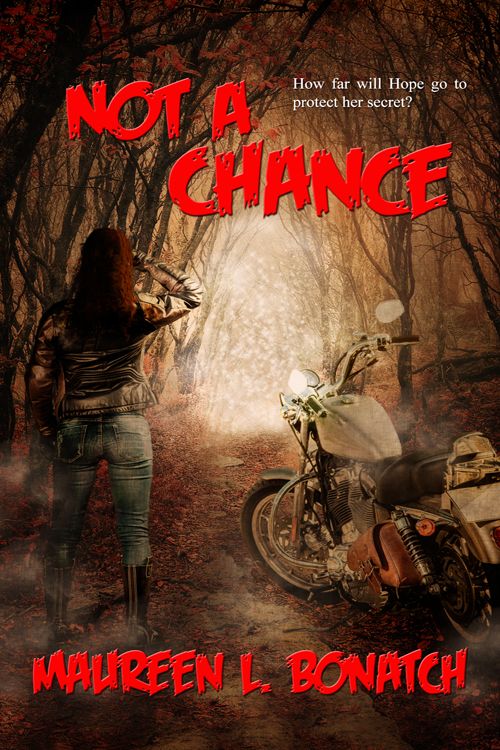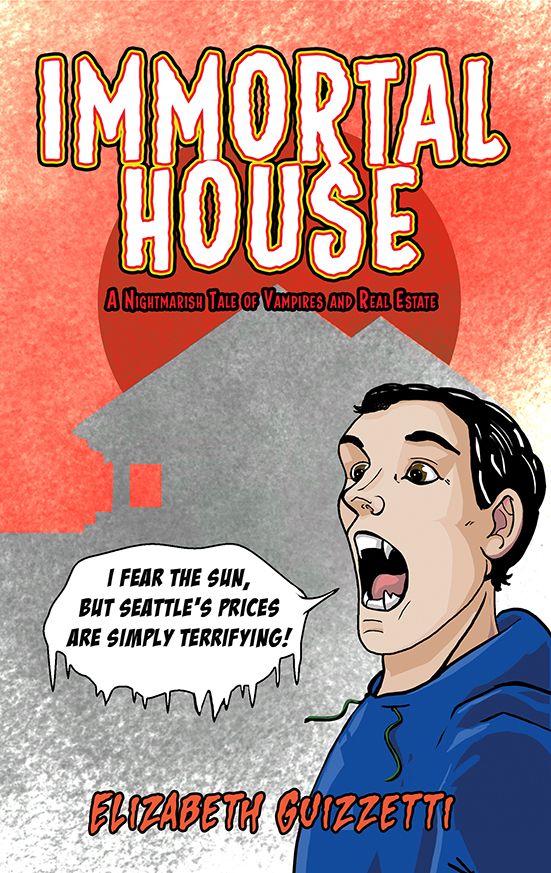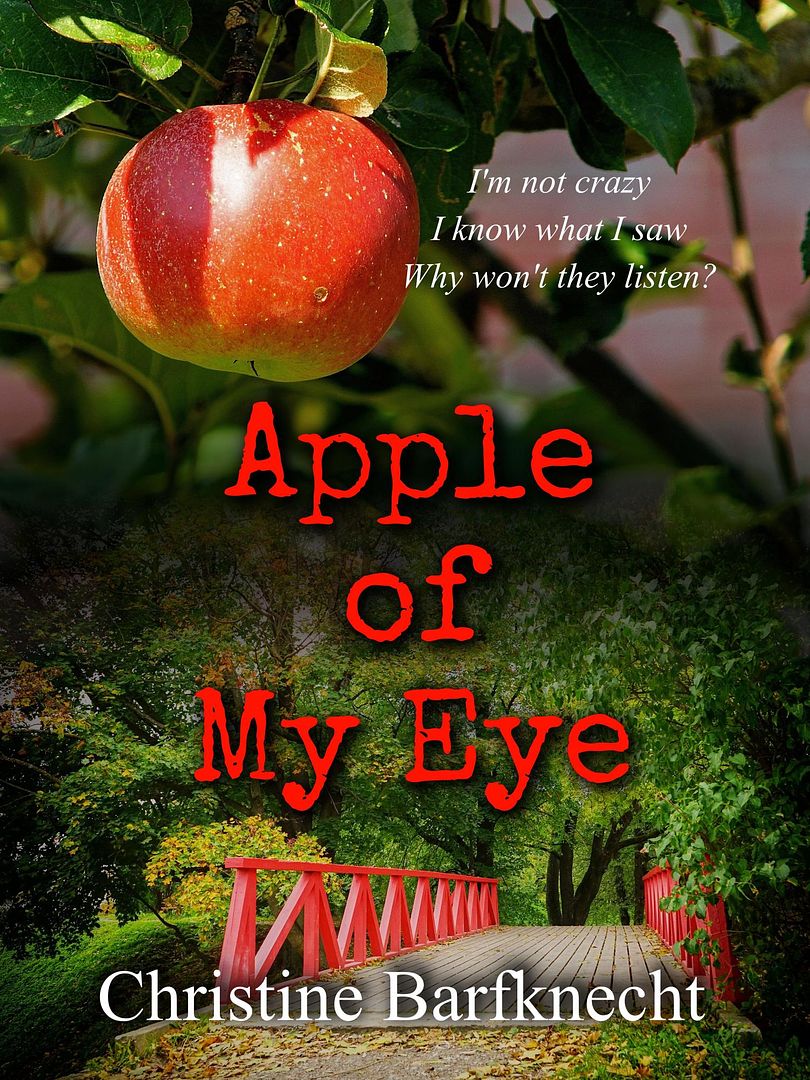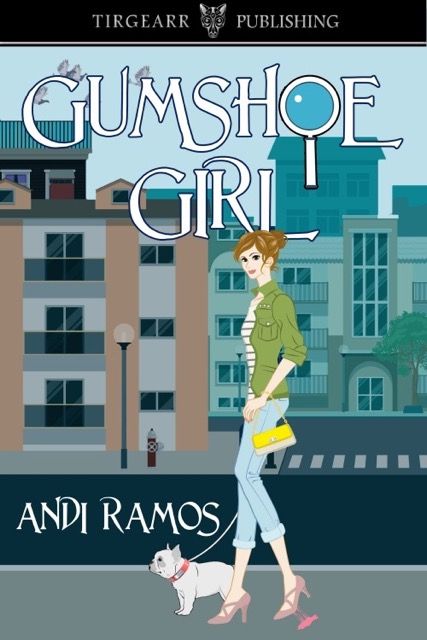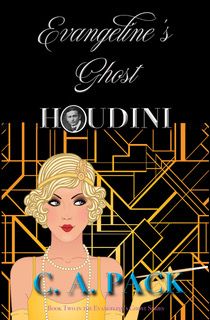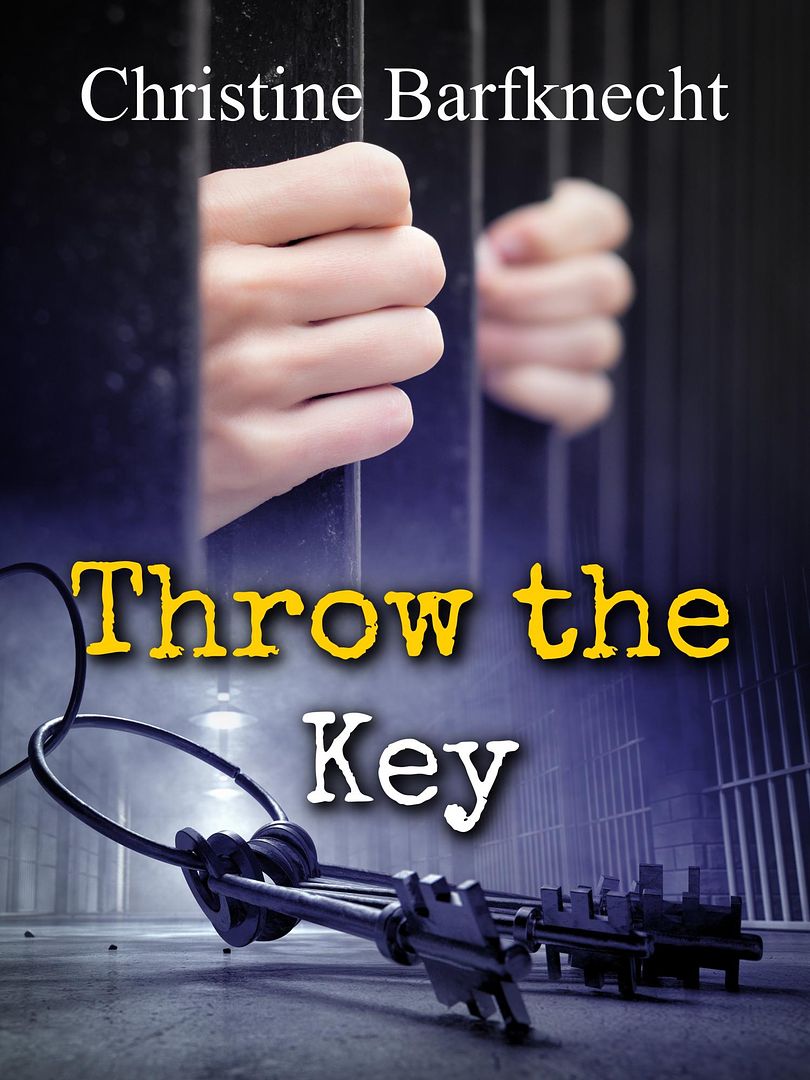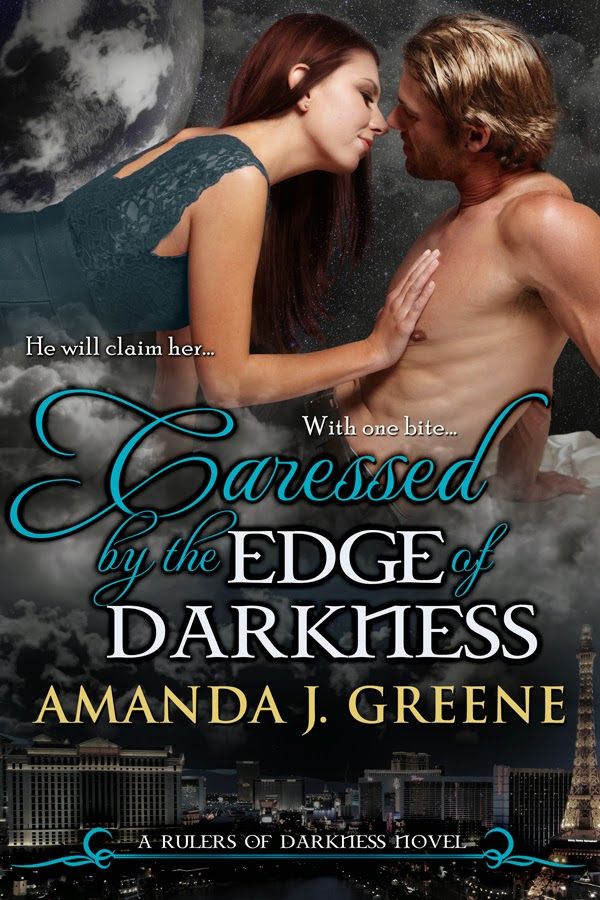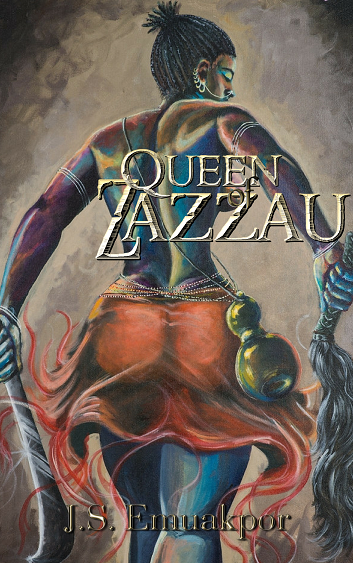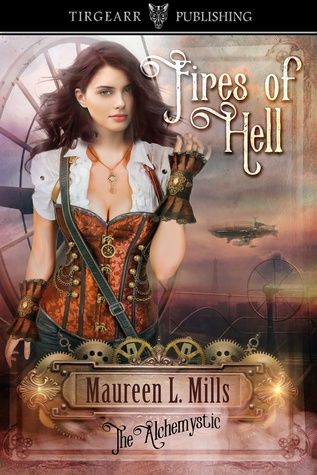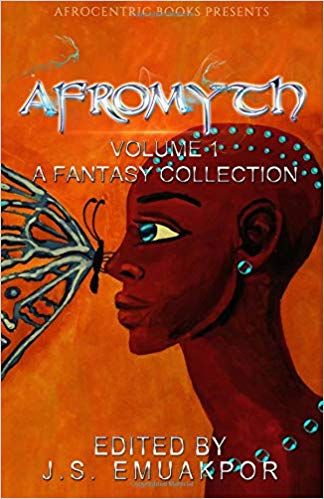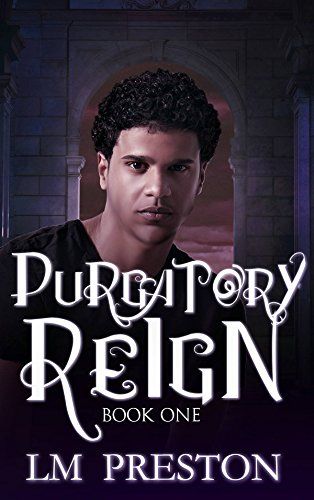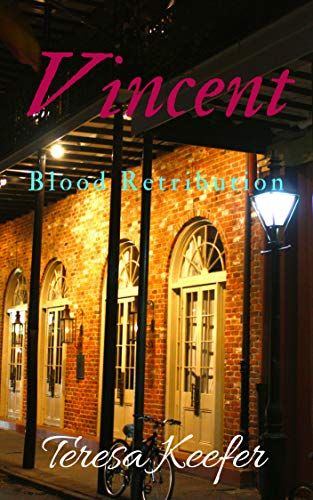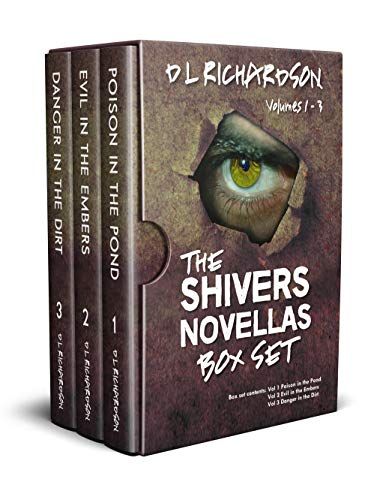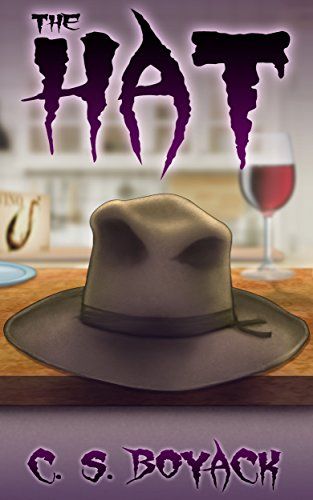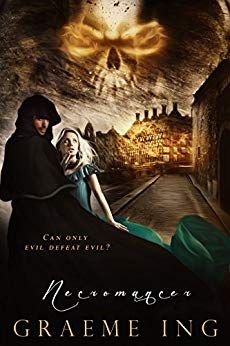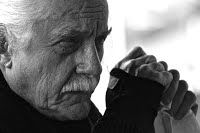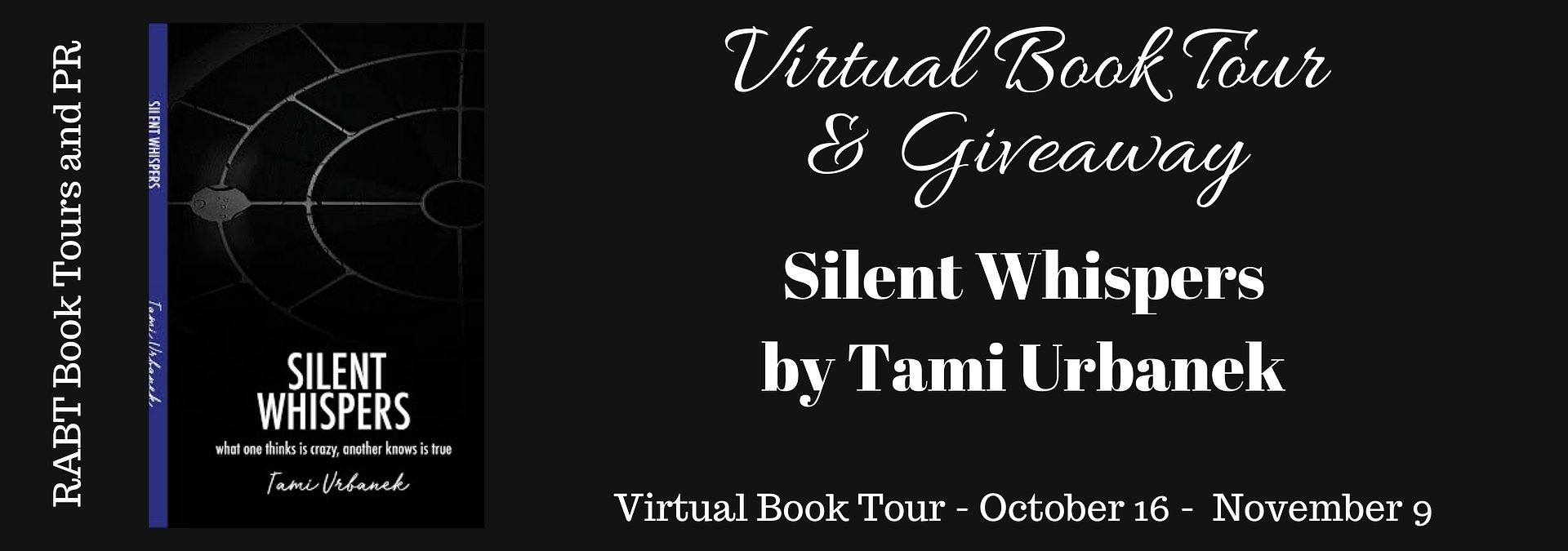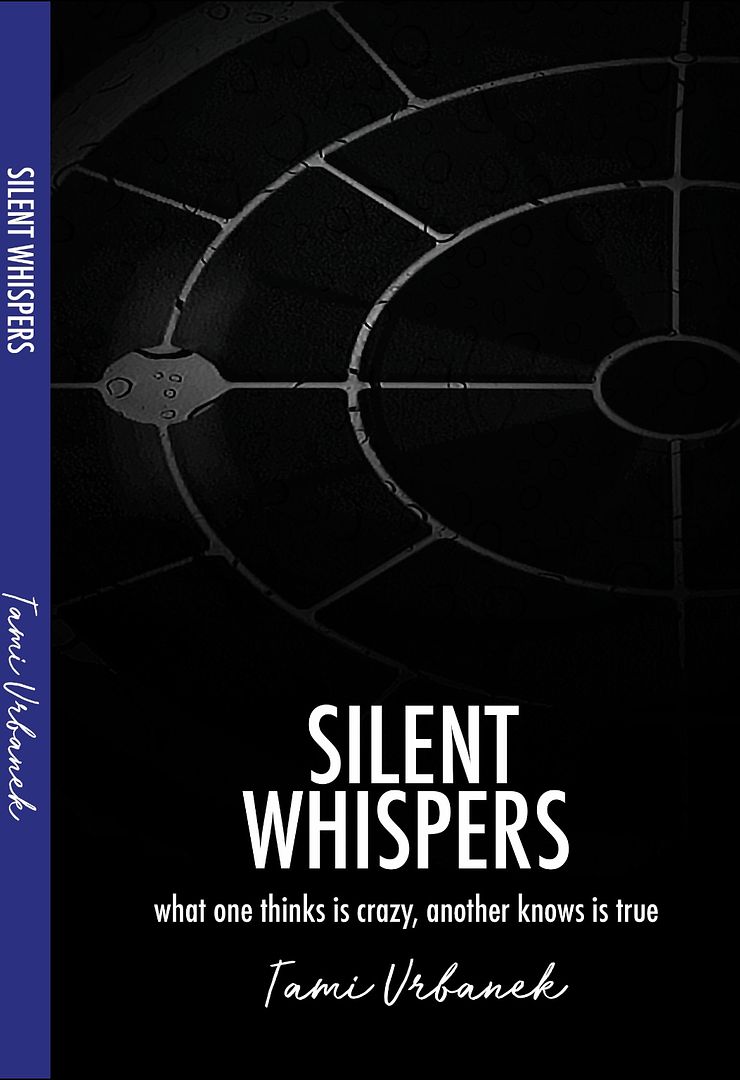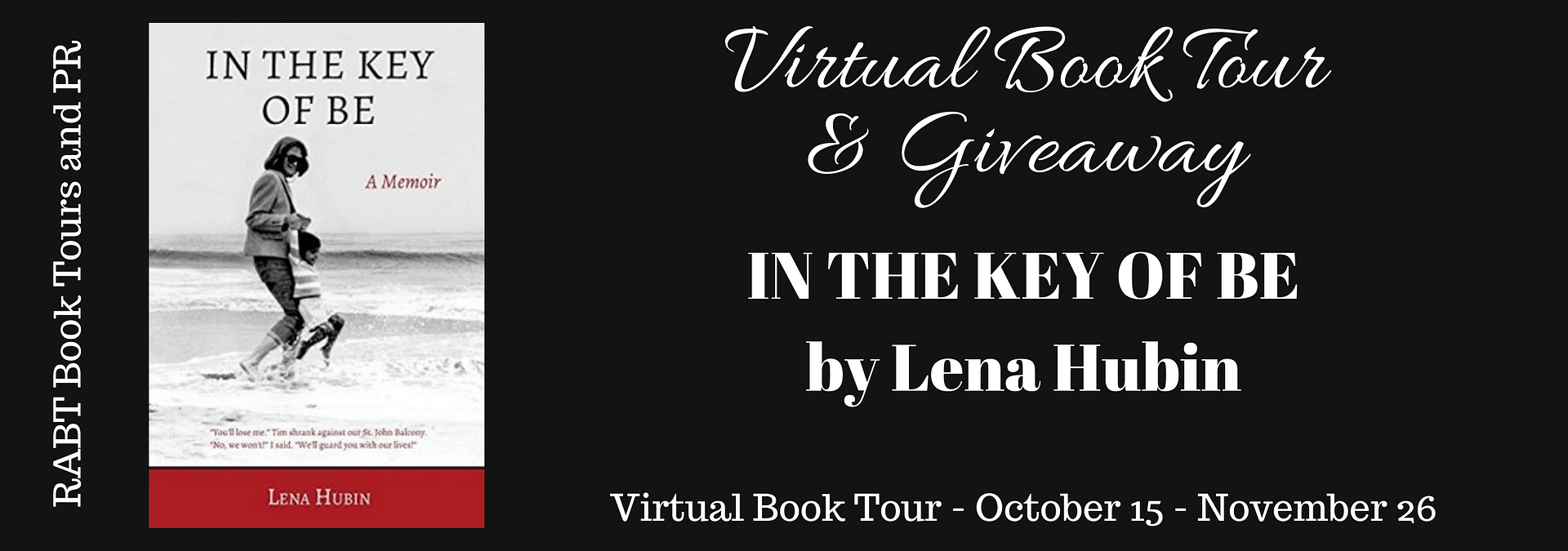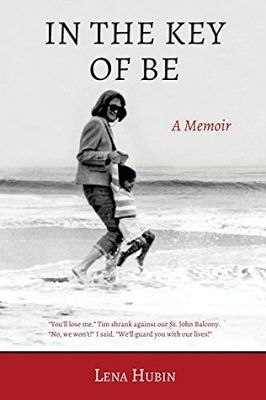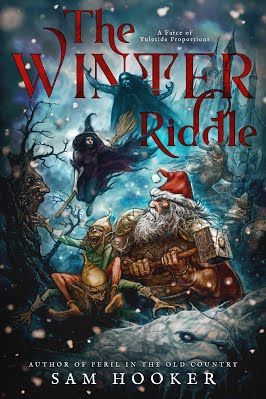
Fantasy (Humorous)
Date Published: 1 November 2018
Publisher: Black Spot Books (https://blackspotbooks.com)
When destiny calls on the Winter Witch to save the North Pole, will she pretend she’s not in?
Once upon a time, the North Pole was a very noisy place. A kingdom cowered under the maniacal rule of the White Queen, The Vikings raided and pillaged as they were wont to do, and the Winter Witch avoided talking to any of them.
When her peace and quiet are obliterated by threats of war and Ragnarok, she’ll try anything to get them back. When casting spells to become nearly invisible and dealing with otherworldly powers fail, the Winter Witch needs to forge an alliance with Santa—a retired warrior who’s anything but jolly—to save the North Pole from calamity.
Will the Vikings take up arms against the frost giants? Will an evil necromancer keep the kingdom in the grip of fear? And for the love of Christmas, will everyone who isn’t the Winter Witch please stop meddling with dark forces beyond mortal comprehension for a bit?
Deck the halls and bar the doors! We’re in for a long winter’s night.
Excerpt
Santa’s Village
The high timber walls around Santa’s Village were
covered in permafrost, which served to reinforce them as well as help them
blend in with the surrounding countryside. However, it was doubtful that the
camouflage was considered very important, given the constant noise of the place
and occasional explosions or gouts of flame shooting up into the autumn gloom,
like a war zone that had decided to retire somewhere snowy.
What had appeared from a distance to be a pair of
great coal lamps standing on opposite sides of the main gate turned out to be
something altogether less ordinary. Atop the wooden pedestals, which were
banded with iron and twice Volgha’s height, stood what appeared to be
diminutive winged persons made entirely of brilliant golden light. The lamps
were capped with great glass domes and no frost had gathered on them. Perhaps
they were newly installed and hadn’t had the opportunity to frost over yet.
The wolves dragged the twisted wreckage in front of
the gate and started howling. That was unexpected. Volgha stood there, in the
light of the golden lamps, realizing that she’d not decided exactly how she was
going to reprimand this inconsiderate lout. She wanted to do her witchy duty,
of course, but her natural distaste for people was rearing its introverted head.
The next unexpected thing to happen was the gate
opening, just wide enough for the wolves to start moving through single file,
which they did. Someone had just opened the gate to let a bunch of howling
wolves come into the village. Non-standard behavior for villagers, to say the
least.
The gate closed behind them, and Volgha was alone.
Gritting her teeth, she suppressed the urge to simply rise up into the sky and
have done with the whole thing. How would that look? She had to avoid giving
him the idea that she was the sort of neighbor who always had cups of sugar to
lend.
“Hello?”
The voice had come from within the walls. A
wide-and-short portal opened in the gate, and there was a pair of eyes on the
other side of it, looking at her.
“Hello,” said Volgha, her mind suddenly going entirely
blank.
“I want to speak to Santa,” she said. “He lives here.”
She stood there silently, though she was mentally shouting the same swear word
over and over, chastising herself for not having said something cooler.
“Who shall I tell him is calling?”
“Volgha, the Winter Witch,” she replied. “And be
quick, I do not appreciate being made to wait!”
That was more like it. It was the sort of “listen
here, you” talk that made people act without thinking too much about it.
The tiny portal slammed shut. There was some excited
chatter on the other side of the gate, which had the general air of several
people scrambling to avoid being turned into undesirable things. That was a
pleasant sound to Volgha, one she didn’t feel she heard often enough.
After a few more seconds the gate swung slowly inward,
and there stood a very short man in a woolen cloak and a pointy green hat. Not
a man, she corrected herself, an elf. That was further cause to assume that
Santa was the only non-elf living in the village; otherwise, guarding an
enormous gate would be an odd duty for someone so small.
“Welcome to Santa’s Village,” he said with a smile and
a flourish. “Won’t you come in?”
About the Author

Sam Hooker writes darkly humorous fantasy. He is an entirely serious person, regardless of what you may have heard. Originally from Texas, he now resides in southern California with his wife, son, and dog.
Contact Links
Purchase Links
